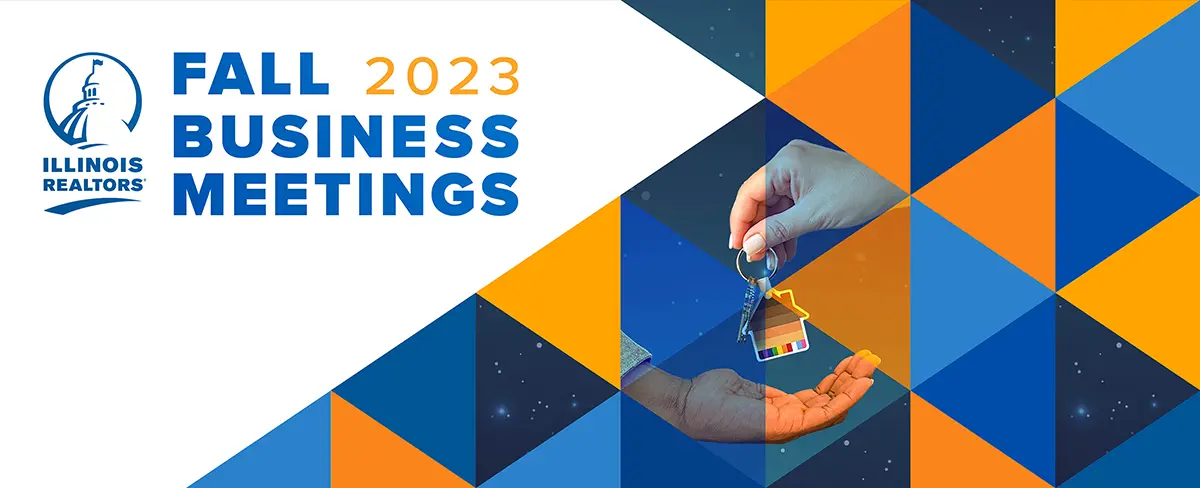Written by Rebecca Carraher
Reading Time: 3 min
Illinois REALTORS® now offers the option of ethics mediation, giving the parties to an ethics complaint an opportunity to achieve a satisfactory resolution for all involved. The resolution reached through mediation can focus on education and resolving issues instead of punishment.
Under the new option, when an ethics complaint is sent forward for a hearing by the Grievance Committee, ethics mediation will be offered to the parties to the complaint. If both parties sign the Agreement to Mediate, a mediator will be selected, and a mediation conference will be scheduled.
Ethics Mediation FAQs
Why should I consider ethics mediation?
Ethics mediation provides the parties an opportunity to achieve a mutually satisfactory resolution to their dispute. Ethics mediation is a voluntary process, and the parties may withdraw at any time. At the mediation conference, the parties will be encouraged to have an open, candid and civil discussion.
How will the mediation be conducted?
The parties will meet on a mutually agreed to date, via Zoom, with a third-party impartial mediator. The mediator will facilitate the discussion to see if a resolution between the parties can be reached.
What is an ethics mediator?
An ethics mediator is an impartial facilitator who tries to find a resolution that is acceptable to the parties. An ethics mediator does not decide innocence or guilt, give legal advice or impose a decision on either party. Ethics mediators are current, active real estate practitioners, and are conversant and educated on state real estate laws and regulations and the REALTOR® Code of Ethics.
What if the parties do not agree to mediation, the dispute is not resolved during mediation or one of the parties withdraws from the mediation?
An ethics hearing will be scheduled for a date mutually agreed to by the parties.
What types of resolution may be reached by the parties?
Resolutions may include, but are not limited to, payment of disputed funds, repairs or restoration of property, a written or oral apology, and/or acknowledgement of a violation of the REALTOR® Code of Ethics. If the parties agree that a violation of the REALTOR® Code of Ethics occurred, some type of discipline, such as a fine or completion of an educational course may be imposed. This discipline may also include payment of monies to the complainant or to a third-party.
What happens if a resolution is reached during mediation?
The resolution shall be reduced to writing and signed by the parties. Once the respondent fulfills the obligation and/or discipline’s imposed under the agreed resolution, the ethics complaint will be considered withdrawn.
What if the respondent does not fulfill the agreed to resolution?
The respondent’s failure or refusal to comply with the terms of the mutually agreed to resolution entitles the complainant to request that the dispute proceed to an ethics hearing.
Any offers of settlement that were not accepted by the parties will not be introduced as evidence or considered by the ethics hearing panel should the matter proceed to an ethics hearing.
About the writer: Rebecca Carraher is Illinois REALTORS® Director of Ethics and Professional Standards.







